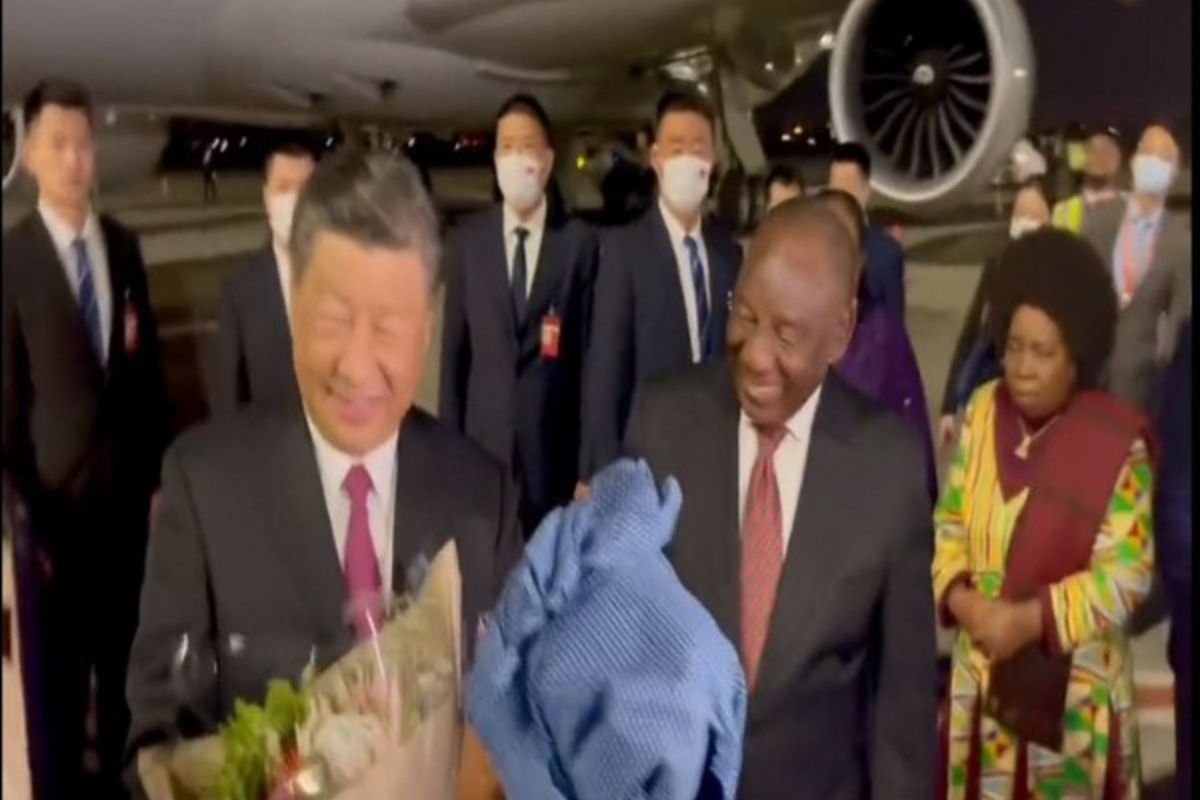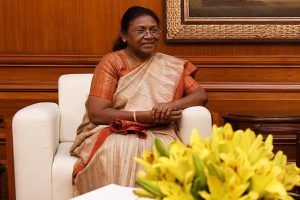Africa is emerging as the flavour of the season. While Washington has been actively trying to engage African leaders via the US-Africa Leaders’ Summit, the American foreign policy establishment has been talking up the importance of Africa at multiple fora, iterating that the continent will shape the future of not just its people but of the world. Rooted in this narrative is the recognition that Africa is a key geopolitical player, essential to unlocking the potential of the coming decade. Rising intermediate powers such as India, meanwhile, too have recognised the vital role Africa is likely to play in the coming years. It is where the next global ‘youth bulge’ is appearing the continent is projected to be home to the world’s youngest population in the near future. The admission of the African Union to the G-20 as a permanent member in New Delhi earlier this month under India’s presi- dency is yet another example of the strategic importance of Africa.
But let’s be clear. While this attention on Africa is welcome, it is the rest of the world playing catch up with China. The Chinese Communist Party (CCP) has already moved on what one could term ‘Phase 3’ of Beijing’s engagement strategy with Africa. The continent is no longer viewed by China exclusively as a source of energy and raw materials, as it was in ‘Phase 2’. As China scholar Nadège Rolland has iterated in multiple essays, Africa is now seen by the CCP elite as an integral part of Beijing’s grand strategy and of the future global subsystem it aspires to dominate. African countries have been a constant focus of Chi- nese diplomacy since the mid-1950s for largely ideo- logical reasons as Beijing provided material support to African revolutionary and anticolonial liberation movements. That was ‘Phase 1’.
Advertisement
As the reforms ushered in by Deng Xiaoping and the opening-up era gathered strength, Chinese leaders prioritised economic development and access to African energy and natural resources as the bedrock of its Phase 2 engagement with Africa. Rolland and other experts have argued that African countries were also key to Beijing’s diplomatic efforts to constrain Taiwan’s international space and to leverage votes in the United Nations to avoid condemnation of China’s human rights abuses.
As China became the second-largest world economy, its global strategy shifted to proactively shaping the global environment to allow for its ascendance. In fact, there is some evidence to suggest that net assessments carried out by the Chinese projected an intensifying geostrategic contest as Beijing’s newfound proactive quest for global influence would challenge the USA’s hegemonic position. Thus, China identified the developing world or Global South as it is referred to, as an indispensable piece in what was a putative new Great Game with Chinese characteris- tics. The African continent emerged as the cornerstone of the Global South for Beijing’s grand strategy. Over-enthusiasm regarding getting the Africans to switch sides, therefore, would be misplaced and could prove dangerous.











